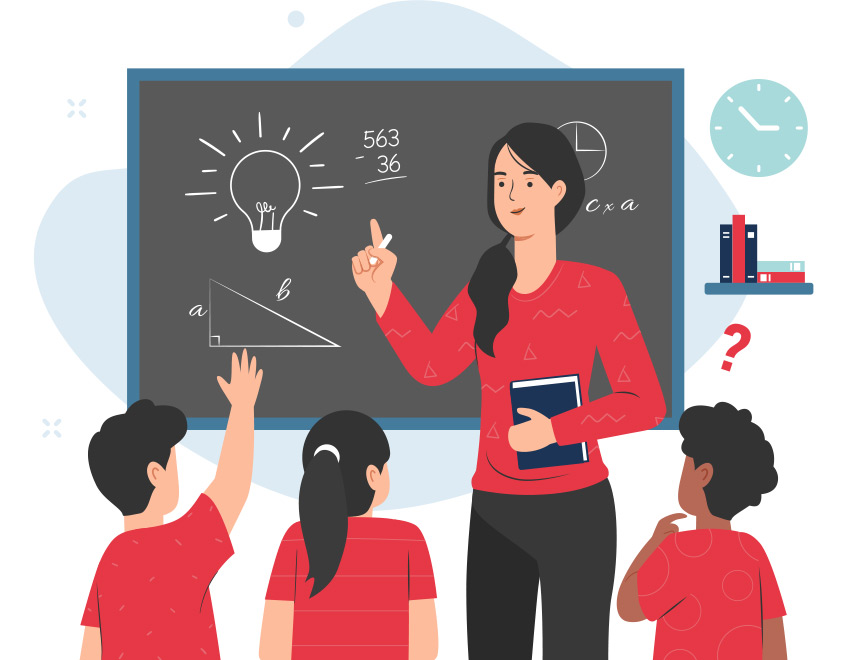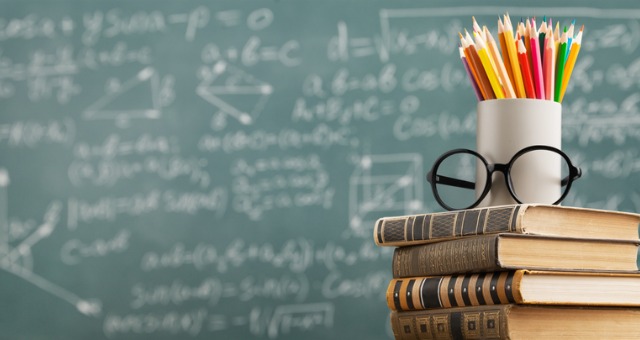Primary Science Tuition Singapore for Building Confidence in Science
Primary Science Tuition Singapore for Building Confidence in Science
Blog Article
Checking Out the Various Teaching Methods in Primary Science Education Today
Inquiry-based discovering, hands-on experiments, and the integration of modern technology are redefining exactly how teachers involve young minds. Furthermore, joint approaches and differentiated guideline are being employed to provide to the varied requirements of students, improving both involvement and understanding.
Inquiry-Based Discovering
Inquiry-Based Knowing (IBL) is an instructional method that urges students to discover scientific ideas via questioning, examination, and hands-on experimentation. This approach highlights the role of trainees as energetic individuals in their learning, advertising crucial reasoning and analytic skills. By involving with real-world inquiries, students become determined and curious, which boosts their understanding of scientific principles.
In IBL, instructors work as facilitators, guiding trainees as they browse their questions as opposed to supplying details directly. This student-centered approach permits distinction, accommodating various learning paces and designs. Trainees establish abilities in developing hypotheses, developing experiments, and examining information, which are crucial for scientific literacy.
Furthermore, IBL fosters collaboration among trainees, motivating them to share ideas and findings. This collective questions promotes social skills and a feeling of community within the classroom. Furthermore, the procedure of inquiry urges resilience, as students find out to accept failure as a stepping stone toward understanding.
Hands-On Experiments
Hands-on experiments are an important part of reliable scientific research education, enhancing the concepts of inquiry-based understanding. These experiments allow trainees to involve straight with scientific ideas, promoting a deeper understanding through experiential knowing. By manipulating products and observing results, young students can comprehend abstract theories in substantial methods.
Such activities promote important thinking and analytical skills, as trainees assume outcomes, conduct experiments, and assess results. This procedure motivates them to ask inquiries, fine-tune their understanding, and develop a scientific state of mind. Furthermore, hands-on experiments can be tailored to varied learning designs, making certain that all students have the possibility to engage meaningfully with the material.
In addition, hands-on experiments typically motivate cooperation among peers, advertising teamwork and interaction abilities. Operating in groups makes it possible for pupils to share concepts, discuss findings, and gain from each other, which boosts their total educational experience.
Incorporating hands-on experiments into the main science educational program not just enhances the learning environment yet additionally cultivates a long-lasting interest in scientific research. By proactively taking part in their education, trainees are more probable to create a passion for clinical questions that extends beyond the class.
Modern Technology Combination
Incorporating technology right into main scientific research education and learning has come to be increasingly crucial in fostering pupil engagement and enhancing finding out results. The use of digital devices, such as interactive simulations, virtual labs, and academic software application, gives trainees with opportunities to check out clinical principles in innovative ways. These sources facilitate a deeper understanding of complicated subjects by allowing learners to envision and manipulate variables that would certainly be not practical in a typical classroom setting.
In addition, modern technology assimilation encourages personalized discovering experiences. Trainees click here to find out more can progress at their own pace, revisiting challenging ideas via multimedia resources, which satisfy different learning designs. This flexibility not only supports private development however also grows a sense of freedom in learners.
Additionally, technology serves as a bridge to real-world scientific research, attaching pupils with existing research and professional payments. Access to clinical journals and on-line data sources widens trainees' point of views on clinical questions and fosters crucial assuming skills.
Collaborative Learning
Collaborative knowing plays a vital role in main scientific research education and learning by cultivating synergy and communication skills among trainees. This approach urges students to interact, share understanding, and involve in analytic, which improves their understanding of clinical concepts. By taking part in team activities, pupils learn to express their concepts, listen to varied viewpoints, and discuss remedies, every one of which are important skills in both real-world and academic contexts.

Research suggests that collaborative understanding can cause increased inspiration and involvement in science topics, as students discover satisfaction in shared experiences (primary science tuition Singapore). Furthermore, this strategy prepares trainees for future joint endeavors, furnishing them with the skills needed for reliable teamwork in higher education and learning and professional atmospheres. Inevitably, embracing collaborative knowing in primary science education and learning can significantly enrich the discovering experience and advertise a deeper understanding of scientific query
Set Apart Instruction

Separated direction can materialize in different ways, such as varying the material, processes, or products of knowing. Instructors might make use of tiered Our site tasks that offer differing degrees of complexity, allowing students to function at their particular readiness levels. Additionally, adaptable organizing strategies can facilitate cooperation amongst students with various capabilities, fostering peer knowing.
Analysis plays a critical duty in this approach, as it educates direction and helps instructors understand each student's distinct demands. Formative analyses, such as observations and tests, can assist teachers in changing their techniques to enhance finding out results. primary science tuition Singapore. Inevitably, by executing distinguished guideline in key science education and learning, educators can grow an extra fair and effective knowing setting, empowering all students to reach their full check these guys out possibility in understanding scientific sensations
Final Thought
In summary, the diverse training approaches in main scientific research education and learning, including inquiry-based knowing, hands-on experiments, modern technology integration, collective discovering, and distinguished guideline, collectively add to a more effective discovering atmosphere. These approaches advertise critical thinking, analytical abilities, and a much deeper understanding of clinical concepts. By executing these approaches, instructors can develop encouraging and interesting class that resolve the diverse demands of students, eventually promoting a long-lasting passion in scientific research and improving academic achievement.
Inquiry-Based Learning (IBL) is an instructional strategy that urges students to explore clinical principles via doubting, investigation, and hands-on trial and error.Collective discovering plays an important duty in primary science education and learning by promoting teamwork and communication skills among students.Research indicates that joint discovering can lead to increased inspiration and engagement in science subjects, as trainees find pleasure in common experiences.In cultivating an inclusive learning environment, distinguished guideline arises as a crucial approach to accommodate the diverse requirements and capacities of students in main science education. Eventually, by carrying out separated guideline in main scientific research education and learning, teachers can grow a much more reliable and fair knowing setting, encouraging all students to reach their complete possibility in recognizing clinical sensations.
Report this page